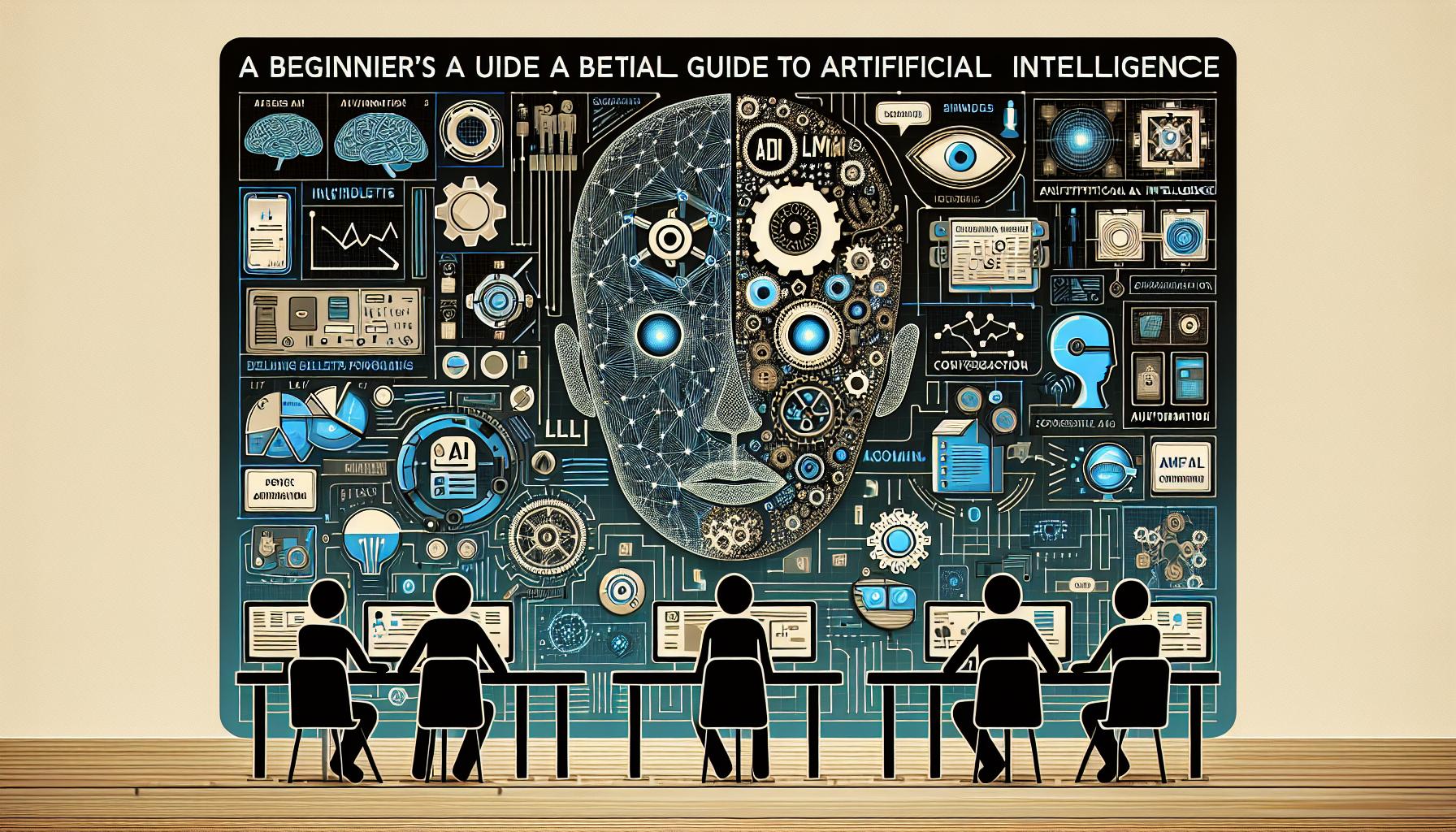Artificial Intelligence Decoded: Understanding How AI Works for Your Business

Introduction
Artificial Intelligence (AI) has become an intrinsic part of our daily life. From simple voice-assisted devices to advanced analytical tools, A.I. has proven its mettle in various aspects of our world. We may be unaware of its omnipresence, but A.I. has seamlessly intertwined itself within our day-to-day operations without waving a flag of its existence.
However, despite being shrouded in perceived complexity and technical jargon, the underlying principles of A.I. are based on simple logic and intuition. Understanding the nuts and bolts of A.I. is essential to maximize its potential benefits, particularly in the business realm.Understanding AI: Principles and Models
AI refers to the simulation of human intelligence done by machines designed to think like humans and mimic their actions. It involves learning, reasoning, and self-correction. Specific applications of A.I. include Natural Language Processing (NLP), Interpretation and recognition of speech, and computer vision.
One fundamental model of A.I. is the Logic Learning Machine (LLM), which combines minimum compliance analysis with present machine learning methods to create logical rules. It is a tool that remarkably simplifies the understanding and implementation of AI. Another model of A.I. is Conversational A.I. which powers the bots we interact within our daily digital lives. It uses messaging apps, speech-based assistants, and chatbots to automate communication and create personalized customer experiences at scale.
The Benefits of A.I. in Business: Automation Driven by AI
AI has had a significant impact on the business landscape. It has radically changed the way businesses carry out their operations and has the potential to further revolutionize business processes. A primary advantage of incorporating A.I. into business strategy is automation.
Automation, fueled by AI, has shown great efficacy in reducing expenditure and time consumption. It automates the mundane tasks, thereby freeing up time for employees to focus on more critical business issues, thus enhancing productivity.
Many businesses have reaped substantial benefits from AI-driven automation. Amazon is an excellent example. The company's AI-driven algorithms predict customer preferences, enabling personalized customer journeys and automated purchasing processes. Similarly, Starbucks employs A.I. to analyze customer behavior and personalize offers, thereby driving customer engagement and business success.
Taking Strategic Leaps with AI
Proper understanding and implementation of A.I. technology are imperative in today's competitive business environment. It helps business owners and managers stay ahead of their game by allowing them to make informed decisions, consequently improving the performance and growth of the business.
However, one needs to incorporate A.I. strategically into the business model to leverage its true potential. Therefore, understanding AI's underlying principles, models, and the potential rewards it can deliver, is vital.
In conclusion, A.I. is more than just a technology. It is a driver of digital transformation that can shape the future of businesses. By understanding how A.I. works, businesses can harness its potential and unlock new avenues for growth and profitability.




